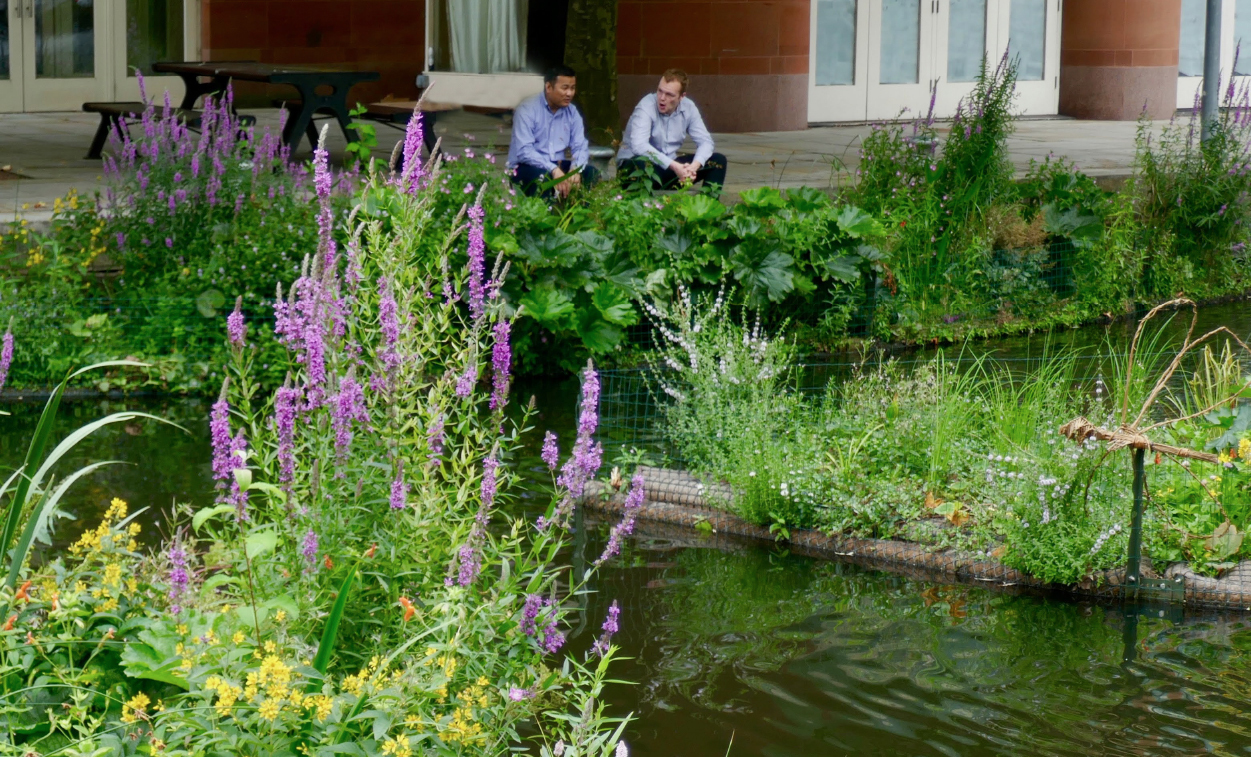Groundbreaking research reveals the health benefits of living near a regenerated canal
March 23, 2022
Today is World Water Day and we would like to highlight some groundbreaking research from Glasgow Caledonian University working with Scottish Canals. It shows that people living within 700 meters of a canal that has been regenerated have a reduced risk of developing chronic disease.
Study results show that living near a regenerated canal leads to:
15% reduced risk of cardiovascular disease,
15% lower risk of hypertension,
15% lower risk of stroke,
12% lower risk of diabetes,
10% lower risk of incident obesity
3% overall mortality rate decline
The research paper ‘Investigating the association between regeneration of urban blue spaces and risk of incident chronic health conditions stratified by neighbourhood deprivation: a population-based retrospective study, 2000-2018’ has been published in Elsevier’s International Journal of Hygiene and Environmental Health.
| The focus of the study was on the impressive transformation and regeneration of the Forth and Clyde Canal in North Glasgow, which is one of Europe’s most deprived areas. Glasgow Caledonian University working in partnership with Scottish Canals and facilitated by The Data Lab examined medical records of Glasgow’s 2 million population. The results demonstrate the importance of investing in waterway regeneration and the myriad health and well-being benefits that ensue. When people have pedestrian access to a local waterway that is alive and beautiful it improves their mood, helps them to relax, and has long lasting health benefits. |

Biomatrix has been privileged to work with Scottish Canals and to contribute to the regeneration of the aquatic habitat. We have installed Floating Ecosystems in the Forth and Clyde Canal at Pinkston Basin near to the Pinkston Watersports and in Speirs Wharf. The project received funding from Scottish Natural Heritage as part of the Biodiversity Challenge Fund.
Floating Ecosystems at Speirs Wharf, Forth & Clyde Canal, Glasgow


“On the whole, these findings suggest that residential exposure to blue infrastructure was associated with a lower risk for non-communicable diseases in the most deprived areas. We concluded that exposure to canals could be used to mitigate urban health inequalities.-Dr Zoë Tieges
Study Lead Auther SMART Technology Research Centre Research Fellow |
“the research’s potential to reduce inequalities and improve the lives of millions of people, not only in Scotland but throughout the world is evident. All we need to do now is utilise it to influence investment decisions.”
-Catherine Topley, CEO of Scottish Canals
Photo Credit Header Michael Palin